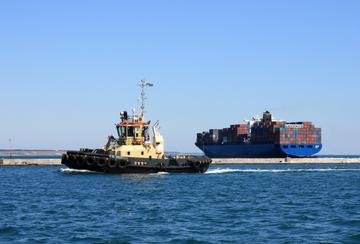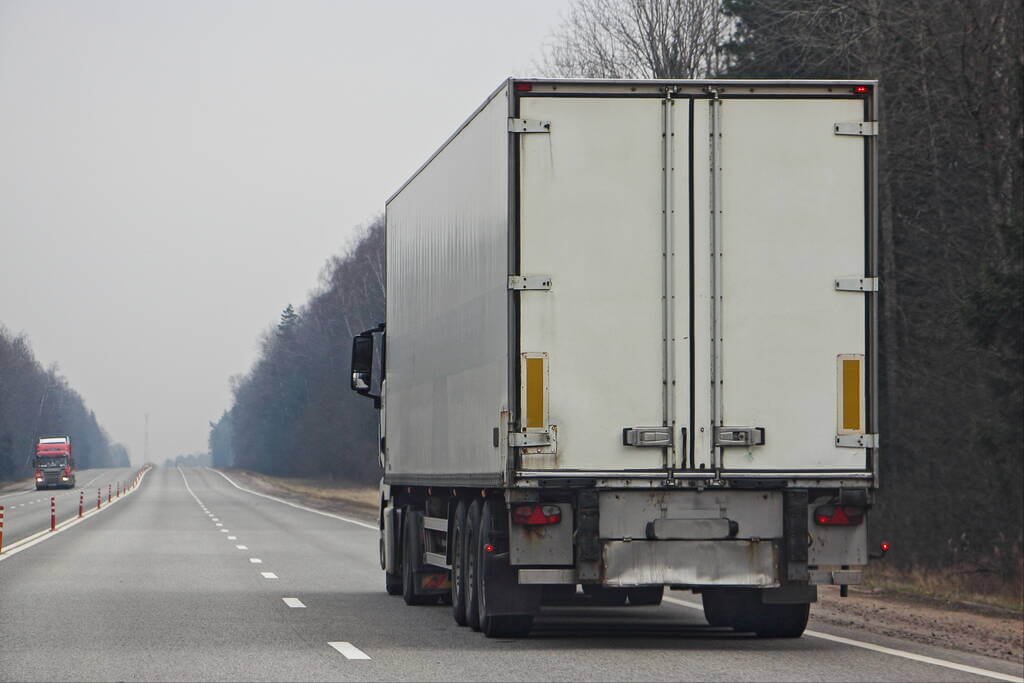What is cargo insurance?
Overall, cargo insurance companies are a good way to protect your goods while in transit. They can help cover the cost of damages or losses that may occur during shipping. However, it is important to research different companies and compare their rates before selecting one. Make sure to read the fine print of the policy of the cargo insurance company so you are aware of what is and is not covered.
What do cargo insurance companies do?
Cargo insurance companies are in the business of providing insurance protection to companies that ship goods by land, sea or air. Cargo insurance is designed to protect the shipper in the event that the goods being shipped are lost or damaged in transit.
Cargo insurance policies are typically written on an all-risk basis, which means that they will cover any type of loss or damage that may occur to the shipment, with the exception of a few specifically excluded perils such as war, nuclear accidents, and terrorism.
Policies can be purchased on a per-shipment basis or as an annual policy covering all of a company’s shipments. Coverage limits and premiums will vary depending on the type and value of the goods being shipped, the shipping route, and the insurance company.
In the event of a claim, the cargo insurance company will reimburse the policyholder for the value of the lost or damaged goods, up to the policy limit. The company will also typically pay for the cost of shipping the damaged goods back to the point of origin, if necessary.

How do cargo insurance companies work?
Cargo insurance companies work by insuring against the loss or damage of cargo while it is in transit. They do this by providing a policy that covers the value of the cargo in the event that it is lost or damaged. The policy will also cover the cost of any repairs that are necessary to the cargo in order to make it suitable for transport.
What are the benefits of using a cargo insurance company?
There are many benefits of using a cargo insurance company to insure your goods while in transit. Perhaps the most important benefit is that you will have peace of mind knowing that your goods are protected in the event of an accident, fire, theft, or another unforeseen event.
A good cargo insurance policy will cover the cost of repairs or replacement of your goods, as well as any legal fees that may be incurred in the event of a claim. This can save you a great deal of money and stress in the event that something goes wrong during transit.
Another benefit of using a cargo insurance company is that they will often provide you with a dedicated claims manager to help you through the claims process. This can be extremely helpful if you are not familiar with the insurance claims process.
Finally, using a cargo insurance company can help you to avoid potential problems with your goods when they arrive at their destination. If your goods are damaged or stolen upon arrival, you will likely be required to file a claim with your local police department. This can be time-consuming and frustrating, but if you have insurance in place, the insurance company will handle all of the paperwork for you.
Are there any drawbacks to using a cargo insurance company?
There are several potential drawbacks to using a cargo insurance company.
First, it can be difficult to find a reputable and reliable company. There are many companies that claim to offer cargo insurance, but not all of them are created equal. It’s important to do your research to make sure you’re working with a reputable company.
Second, cargo insurance can be expensive. The cost of the insurance will vary depending on the value of your shipment and the distance it’s traveling. If you’re shipping high-value items, the cost of the insurance can add up quickly.
Third, some cargo insurance companies have strict requirements for what types of items they’ll insure. For example, some companies won’t insure perishable goods or items that are considered high-risk. Make sure you understand the requirements of the company you’re working with before you ship your goods.
Fourth, in the event that your shipment is lost or damaged, you may have to file a claim with the insurance company. This process can be time-consuming and frustrating, especially if you’re not familiar with the claims process.


